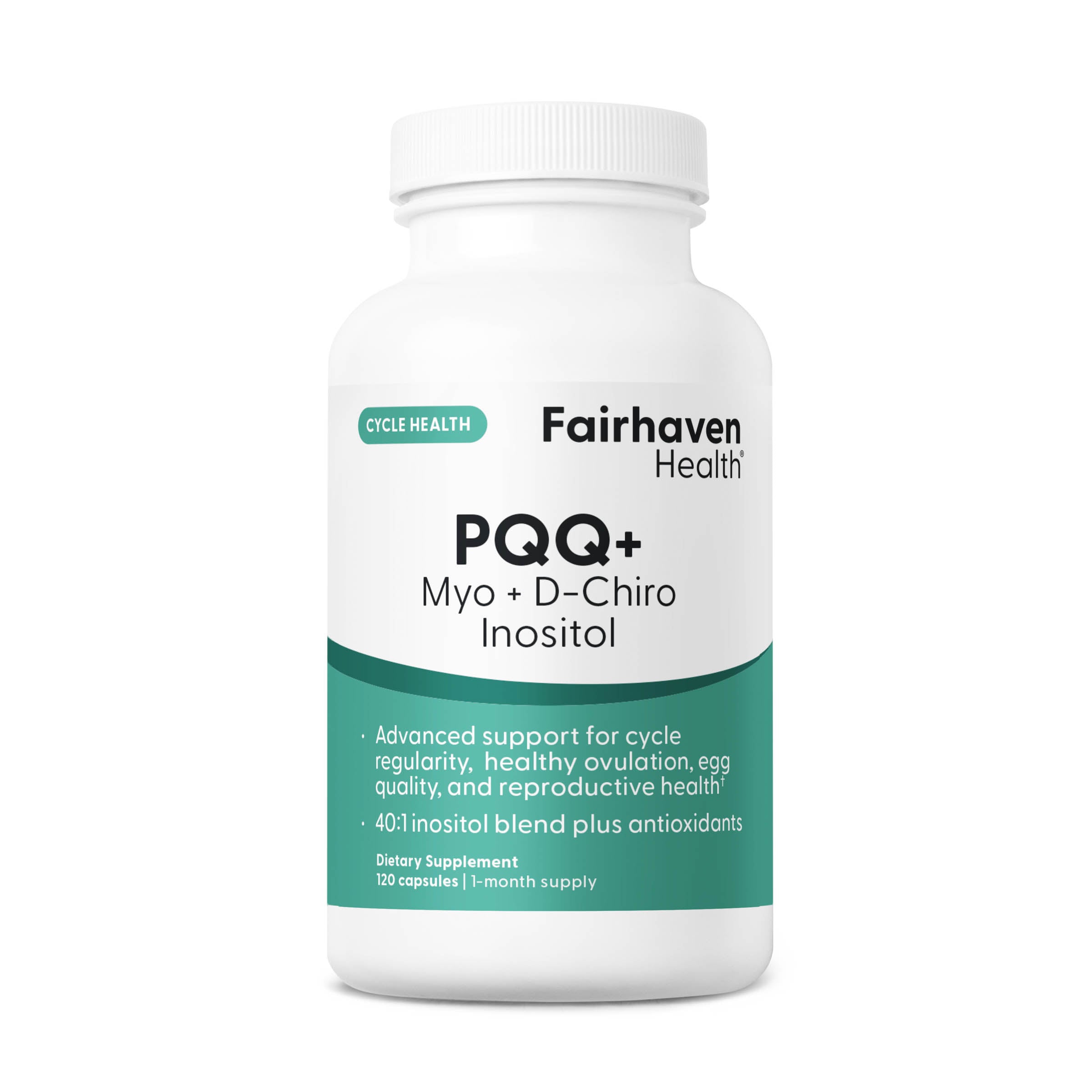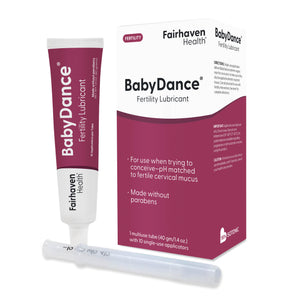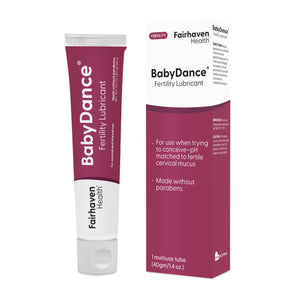By Chris D. Meletis, N.D.
Even if you are lucky enough to avoid catching coronavirus, the COVID-19 pandemic is dashing hopes and dreams left and right. Small businesses shuttered, weddings postponed, graduations ceremonies cancelled, and all of the big sporting events for the year delayed. (Don’t worry Olympians – the world can’t wait to watch you in Tokyo in 2021!) And, recently, in a hit too close to home for the TTC community, the American Society of Reproductive Medicine (ASRM) released new guidance for its fertility doctors recommending that all new fertility procedures be postponed, including in vitro fertilization (IVF), intrauterine insemination (IUI), and egg donation and freezing. Anybody else looking for a 2020 reset button?
With social distancing and shelter in place measures now the norm, we are all doing a lot of waiting around, which is especially frustrating when you were looking forward to starting something big, like a fertility protocol. While there is no magic bullet that takes away the sting of disappointment, sometimes it helps to have an action plan to make the best possible use of the forced waiting time. My clinical experience, along with fertility research, reminds me that there are a several things you can do while at home to increase your fertility. Read on for 4 actions you and your partner can take to support your fertility without changing out of your pandemic uniform, aka your pjs!
Keep Moving
A number of studies have found a link between getting more exercise and fertility. One of these studies, the Australian Longitudinal Study of Women's Health (ALSWH), analyzed the fertility of 6,130 women who completed mailed in surveys in the year 2000, with follow-ups in 2003, 2006, 2009, 2012 and 2015.1 In normal weight women, increasing physical activity led to improved fertility. Increased exercise did not increase the chances of getting pregnant in obese women. However, obesity in itself is associated with infertility in women1 and reduced sperm quality in men,2 so shedding pounds through exercise and a healthy diet may boost your fertility if you’re overweight. A review of studies published in the medical literature found that women with polycystic ovary syndrome who participated in physical activity had higher pregnancy rates and live birth rates.3
In men, exercise improves sperm quality. In one study, when exposed to harmful toxins in the work environment, non-smoking males that engaged in physical exercise more than two times per week had the best sperm morphology and numbers of sperm.2 However, in male smokers who were exposed to toxins at work, physical exercise wasn’t enough to improve sperm health.2
Exercises you can do at home or close to home include yoga, tai chi, or walking or jogging in the neighborhood. You can watch online videos on how to do yoga and tai chi.
Eat a Fertility-Boosting Diet
Even under the best of circumstances, staying away from sugary and processed flour treats is difficult. While you’re stuck at home, it may become even harder especially as your Instagram blows up with image after image of sourdough bread. Yet, eating lots of saturated fats, refined carbs and sugar is linked to worse fertility in both women and men.4 Instead, eat a diet loaded with unsaturated fats, whole grains, vegetables, fruit, and fish, which are all linked to improved fertility in women and higher semen quality in men.4
In the Nurses’ Health Study II, women who ate the most plant protein from vegetable sources, full-fat dairy foods, iron, and monounsaturated fats while trying to get pregnant had a 66% lower risk of ovulatory-disorder-related infertility and a 27% reduced risk of infertility due to other causes compared to women who ate the least amount of these foods.4 Based on these findings, the study authors estimated that not eating this type of “fertility diet” is responsible for 46% of cases of infertility, more than all other infertility risk factors.4
Eating a Mediterranean-style diet also increases fertility. A study in Spain found that women who ate the most foods belonging to a Mediterranean diet with lots of vegetables, fish, and polyunsaturated oils were 44% less likely to seek medical help for having trouble getting pregnant compared to women who ate the least of these foods.5 Another study of non-obese women in Greece undergoing IVF found that a Mediterranean diet led to improved pregnancy rates and live birth, but only for the women under the age of 35.6
Men can also reap the rewards of eating a healthy diet. Research suggests that eating vegetables, fish, and other Mediterranean-diet-type foods leads to improved sperm health including the shape of the sperm (morphology), sperm movement (motility), and numbers of sperm.7
Take An IVF Prenatal Fertility Vitamin
Eating right is a great start to improving your overall health and fertility, but we also know that taking dietary supplements plays a big role in a maintaining a healthy lifestyle. With coronavirus spreading around the world, it is perhaps more important than ever to take advantage of the immune boosting benefits of nutrients like zinc and Vitamin C, as well as antioxidants like Vitamin E and CoQ10. Interestingly, many of the same nutrients that support the immune system also support fertility in both men and women by supporting egg quality and sperm health, including sperm count, motility, morphology and DNA integrity. So, if you aren’t already taking a preconception multivitamin, start taking one now. Be sure to choose a female fertility supplement to set you up for IVF success – one that contains full multivitamin support with iron, iodine and the active form of folate known as methylfolate, as well as melatonin, CoQ10 and myoinositol to support egg quality and healthy ovulation. Look for a male fertility supplement that includes CoQ10, zinc and L-arginine, along with a healthy dose of vitamin B12, as these ingredients are some of the most well-known nutrients for supporting sperm health.
Beware of Cell Phones’ Effect on Male and Female Fertility
When we use cell phones, laptops, or tablets, we often place them close to our reproductive organs. Each of these devices emit electromagnetic fields (EMFs) that may lead to fertility problems. Human research has shown that cell phone use is linked to male infertility.8 It causes a decline in semen quality and may lead to lower sperm count, motility, sperm morphology and viability.8 Many animal studies also link cell phone use with decreased sperm count and motility.9,10
EMFs from electronic devices can cause high levels of oxidative stress, when the number of free radicals outnumbers the antioxidants needed to counteract this damaging process.11 What’s more, when mothers used cell phones for more than an hour a day while pregnant, their newborn’s blood showed abnormalities such as lower mean platelet volume. 12
Your best bet? Use cell phones and tablets as little as possible before and during pregnancy and try to sit as far away as possible from the Wi-Fi router in your house. Consider turning off the router at night. Keep your cell phone out of your pocket and purse and set it down across the room.
Natural Fertility While at Home
Sheltering in place during the coronavirus pandemic doesn’t have to mean pushing pause on all of your fertility plans. While you wait for the fertility clinic to reopen, take some simple actions to support your fertility: keep exercising, make some healthy Mediterranean style dinners, take your fertility vitamins, and reduce your use of electronic devices.
Dr. Chris Meletis
 Dr. Chris Meletis is an educator, international author and lecturer. His personal mission is “Changing World’s Health One Person at a Time.” Dr Meletis has authored 18 books and over 200 national scientific articles in journals including Natural Health, Alternative and Complementary Therapies, Townsend Letter for Doctors and Patients, Life Extension, Natural Pharmacy, and PubMed.gov articles.
Dr. Chris Meletis is an educator, international author and lecturer. His personal mission is “Changing World’s Health One Person at a Time.” Dr Meletis has authored 18 books and over 200 national scientific articles in journals including Natural Health, Alternative and Complementary Therapies, Townsend Letter for Doctors and Patients, Life Extension, Natural Pharmacy, and PubMed.gov articles.
Dr. Meletis served as Dean of Naturopathic Medicine and Chief Medical Officer for 7 years for the National College of Naturopathic Medicine (now the National University of Natural Medicine). He was awarded the 2003 Physician of the Year by the American Association of Naturopathic Physician of the Year by the American Association of Naturopathic Physicians. He has a deep passion for helping the underprivileged and spearheaded the creation of 16 free natural medicine healthcare clinics in the Portland metropolitan area of Oregon.
References:
- Mena GP, Mielke GI, Brown WJ. Do physical activity, sitting time and body mass index affect fertility over a 15-year period in women? Data from a large population-based cohort study. Hum Reprod. 2020 Mar 27;35(3):676-83.
- Pinto-Pinho P, Matos J, Arantes-Rodrigues R, et al. Association of lifestyle factors with semen quality: A pilot study conducted in men from the Portuguese Trás-os-Montes and Alto Douro region followed in fertility support consultations. Andrologia. 2020 May;52(4):e13549.
- Mena GP, Mielke GI, Brown WJ. The effect of physical activity on reproductive health outcomes in young women: a systematic review and meta-analysis. Hum Reprod Update. 2019 Sep 11;25(5):541-63.
- Panth N, Gavarkovs A, Tamez M, Mattei J. The Influence of Diet on Fertility and the Implications for Public Health Nutrition in the United States. Front Public Health. 2018 Jul 31;6:211.
- Toledo E, Lopez-del Burgo C, Ruiz-Zambrana A, Donazar M, Navarro-Blasco I, Martinez-Gonzalez MA, et al. Dietary patterns and difficulty conceiving: a nested case-control study. Fertil Steril.2011;96:1149-53.
- Karayiannis D, Kontogianni MD, Mendorou C, Mastrominas M, Yiannakouris N. Adherence to the Mediterranean diet and IVF success rate among non-obese women attempting fertility. Hum Reprod. 2018;33:494-502.
- Salas-Huetos A, Bullo M, Salas-Salvado J. Dietary patterns, foods and nutrients in male fertility parameters and fecundability: a systematic review of observational studies. Hum Reprod Update.2017;23:371-89.
- Agarwal A, Deepinder F, Sharma RK, et al. Effect ofcell phone usage on semen analysis in men attending infertility clinic: an observational study. Fertil Steril. 2008 Jan;89(1):124-8.
- Kesari K, Kumar S, Behari J. Mobile phone usage and male infertility in Wistar rats. Ind J Exp Biol.2010;48:987-92.
- Mailankot M, Kunnath AP, Jayalekshmi H, et al. Radio frequency electromagnetic radiation (RF-EMR) from GSM (0.9/1.8 GHz) mobile phones induces oxidative stress and reduces sperm motility in rats. Clinics (Sao Paulo) 2009;64:5615.
- Kesari KK, Agarwal A, Henkel R. Radiations and malefertility. Reprod Biol Endocrinol. 2018 Dec 9;16(1):118.
- Bektas H, Bektas MS, Dasdag S. Effects of mobilephone exposure on biochemical parameters of cord blood: A preliminary study. Electromagn Biol Med. 2018;37(4):184-91.







